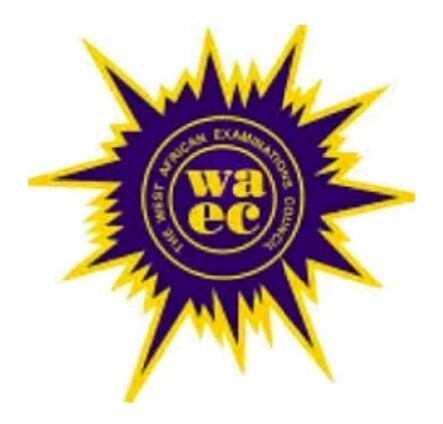Preparing for your Financial Accounting examination is crucial to ensure success in the WAEC (West African Examination Council) assessment.
To effectively study for the exam, it is essential to familiarize yourself with the Financial Accounting syllabus provided by WAEC.
This syllabus outlines the aims and objectives of the exam, the examination scheme, and the topics you need to cover.
In this blog post, we will break down the Financial Accounting syllabus, highlighting its key components and providing recommended textbooks to aid your preparation.
WAEC Financial Accounting Aims and Objectives:
The primary purpose of the Financial Accounting examination is to assess candidates’ understanding of accounting principles, the role of accounting in recording business transactions, and the application of accounting rules and functions in organizations. A
dditionally, this exam serves as a foundation for further studies in accounting.
Examination Scheme:
The Financial Accounting examination consists of two papers: Paper 1 and Paper 2. Both papers are part of a composite paper and are to be taken in one sitting.
Paper 1: Paper 1 comprises fifty multiple-choice questions to be completed within one hour, carrying a total of 50 marks.
Paper 2: Paper 2 consists of two sections: Section A and Section B, with a total duration of 2½ hours.
Section A:
Section A contains five essay questions related to the theory of financial accounting. Candidates are required to answer two out of the four questions, with each question carrying 15 marks.
Section B:
Section B comprises five essay questions focusing on financial accounting practice. Candidates must answer three out of the five questions, and each question carries 15 marks.
WAEC Financial Accounting Syllabus:
The Financial Accounting syllabus covers various topics that you need to study in preparation for the exam. Here is an overview of the topics included:
-
Introduction to Financial Accounting:
- History, nature, and functions of accounting.
- Users of accounting information.
- Stages in the accounting process.
- Characteristics of accounting information.
-
The Accounting Equation and Double Entry Principles:
- Accounting equation and its purpose.
- Functions of source documents.
- Subsidiary books.
- Ledger classification of accounts.
- Cash book, including petty cash book.
- Preparation of trial balance.
- Bank reconciliation statements.
- Correction of errors and suspense account.
-
Accounting Concepts:
- Meaning and types of accounting concepts.
- Significance and limitations of accounting concepts.
-
The Final Accounts of a Sole Trader/Proprietorship:
- Trading, profit and loss accounts/income statement.
- Balance sheet/statement of financial position.
- Adjustments to final accounts.
-
Provisions and Reserves:
- Provision for doubtful debts/allowance for doubtful debts.
- Provision for discounts.
- Depreciation concepts and methods.
- Accounting for depreciation.
- Reserves: revenue and capital reserves.
-
Manufacturing Accounts:
- Purpose of manufacturing accounts.
- Cost classification in manufacturing accounts.
- Preparation of final accounts for a manufacturing concern.
-
Control Accounts and Self-balancing Ledgers:
- Meaning and uses of control accounts.
- Types of control accounts.
- Preparation and reconciliation of control accounts.
-
Single Entry and Incomplete Records:
- Meaning and limitations of single entry.
- Computation of profit or loss from opening and closing balance sheets.
- Conversion of single entry to double entry.
- Preparation of final accounts from incomplete records.
- Mark up and margin.
And so on, the syllabus covers additional topics such as Accounts of Not-for-Profit Making Organizations, Partnership Accounts, Company Accounts, Value Added Tax (VAT), Departmental and Branch Accounts, Public Sector Accounting, Information Technology in Accounting, Miscellaneous Accounts, and Financial System.
Recommended Textbooks:
To supplement your studies, here are some recommended textbooks for Financial Accounting:
- Business Accounting Volume 1 – West African Edition by Frank Wood and Omunya.
- Business Accounting Volume 2 – Frank Wood.
- Accounting and Finance – Frank Wood.
- Foundation Accounting – A. H. Millchamp.
- Basic Accounting – J. D. Magee.
- Accounting for Senior Secondary School – S. C. Malhorta, P. K. Botchweyand, P. A. Amankwah.
- Accounting in Business – R. J. Bull.
- Company Accounts – J. N. Amorin.
- Principles of Accounting – K. B. Appiah Mensah.
Conclusion
To excel in your Financial Accounting examination, it is crucial to follow the WAEC Financial Accounting syllabus.
The syllabus serves as a guide, providing a clear structure of the topics you need to cover.
Combine your studies with recommended textbooks to enhance your understanding of the subject.
With thorough preparation and diligent studying, you will be well-equipped to tackle the Financial Accounting exam successfully.






